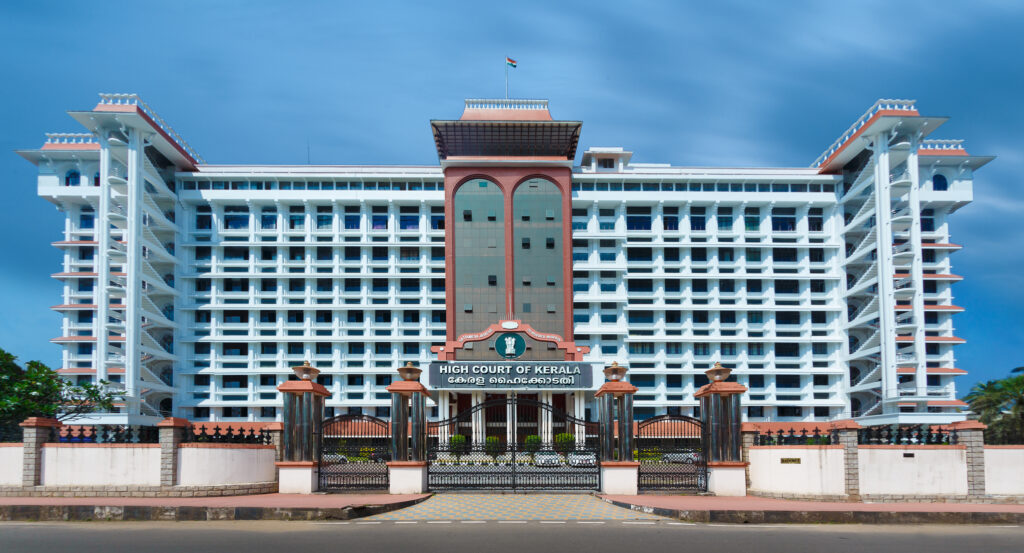The Kerala High Court states that the Civil Court still has the authority to enforce a decision made by the Waqf Tribunal.

The Kerala High Court noted that even with the establishment of the Tribunal under the Waqf Act, a Civil Court still has the authority to enforce a decree made by the Waqf Tribunal. The Court pointed out that the Waqf Act does not specifically state that the Waqf Tribunal is the only place to enforce decrees related to Waqf disputes. This observation came during a hearing of a Petition regarding a decree from 2000, linked to a case filed in 1996, which has not been executed yet, without resolving the issue of where it should be enforced. Justice Kauser Edappagath remarked that the Civil Court retains the power to execute decrees from the Waqf Tribunal.
In this case, a lawsuit was initiated to obtain a declaration, injunction, and recovery of possession over a mosque considered a waqf property historically managed by the Plaintiffs’ family. The family claimed their administrative rights based on their lineage and contested the authority of a local committee that sought control. With the Waqf Tribunal set up while the case was ongoing, the defendants argued that the Civil Court had no jurisdiction under Section 85 of the Waqf Act. The trial Court ruled in favor of the family, confirming their administrative rights, which were upheld on appeal. As execution proceedings began, the Waqf Board appointed an interim Mutawalli, resulting in further impleading Petitions that the Executing Court dismissed. The Executing Court then stated it had no jurisdiction under Section 37(b) CPC, instructing the petitioners to pursue execution through the Waqf Tribunal. This led to the current challenge in the Original Petition.
The Court noted that the Waqf Act does not allow for transferring a validly filed case to the Waqf Tribunal after it has been established. It mentioned that while the Tribunal cannot handle cases filed before the Act started, the rules in Section 7(5) can still apply to those earlier cases. The Court explained that the absence of a transfer provision from the Civil Court to the Waqf Tribunal indicates that cases filed before the Tribunal’s formation should remain with the Civil Court. As a result, the Court approved the Original Petition.
Cause Title: TK Makkar v. Meeravu Haji (Neutral Citation: 2024:KER:81767)









